The abuse and misuse of antibiotics in animals is contributing to the increased threat posed by antimicrobial resistance.
Eliminating growth-promoting antibiotics from diets could lead to the incidence of disease and reduce production performance; therefore, alternatives to the use of antibiotics are presented to improve the capacity of pigs. The abuse and misuse of antibiotics in animals is contributing to the increased threat posed by antimicrobial resistance. Some alternatives to the use of […]

Eliminating growth-promoting antibiotics from diets could lead to the incidence of disease and reduce production performance; therefore, alternatives to the use of antibiotics are presented to improve the capacity of pigs.
The abuse and misuse of antibiotics in animals is contributing to the increased threat posed by antimicrobial resistance.
Some alternatives to the use of antibiotics in diets for pigs are
Acidifiers
Acidifiers create a favorable intestinal environment for beneficial microorganisms which can help with increased nutrient digestibility, increased growth performance and reduced cases of diarrhea.
They can be organic or inorganic acids or salts. Although the exact mode of action is not known, the following mechanisms have been proposed:
Minerals
They are inorganic elements that pigs need for maintenance, growth and reproduction. Some of the microminerals are copper and zinc which have antimicrobial properties and therefore are added to diets in quantities greater than necessary to meet nutritional requirements.
Prebiotics
Prebiotics are mainly non-digestible oligosaccharides and have been defined as nondigestible food ingredients that beneficially affect the host by selectively stimulating the growth and/or activity of one or a limited number of bacteria in the colon and thereby improving the health of the host.
Probiotics
They are living microorganisms which, when administered in adequate quantities, confer a health benefit on the host.
Yeast
Yeast can be supplemented in pig diets in several ways: whole live yeast cells, heat-treated yeast cells, ground yeast cells, purified yeast cell cultures and yeast extracts. The effects of supplements vary according to the form of supplementation and, therefore, the intended uses of each type of supplementation also vary.
Nucleotides
Nucleotides are molecules containing a nitrogenous base, which is a purine or pyrimidine, attached to a pentose sugar and at least one phosphate group. Dietary supplementation of nucleotides has been associated with humoral and cellular immunity, but the exact mechanism has not been elucidated.
Plant extracts
Plant extracts are of potential interest because of their biological functions, such as antiviral, antimicrobial, antioxidant and anti-inflammatory effects. This may lead to the ability to use plant extracts to replace antibiotics in feed to improve animal performance and health.
For more information, read the full article:
Subscribe now to the technical pig magazine
AUTHORS
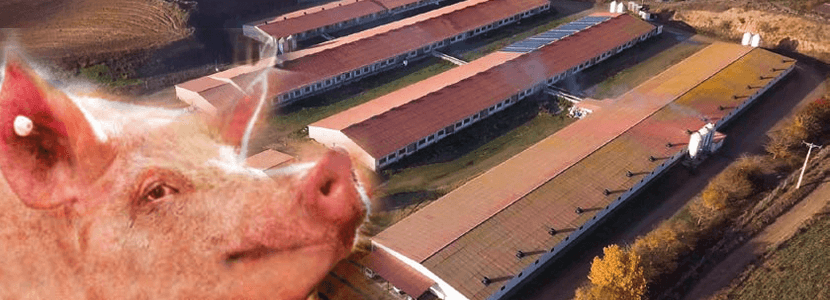
Bifet Gracia Farm & Nedap – Automated feeding in swine nurseries

The importance of Water on pig farms
Fernando Laguna Arán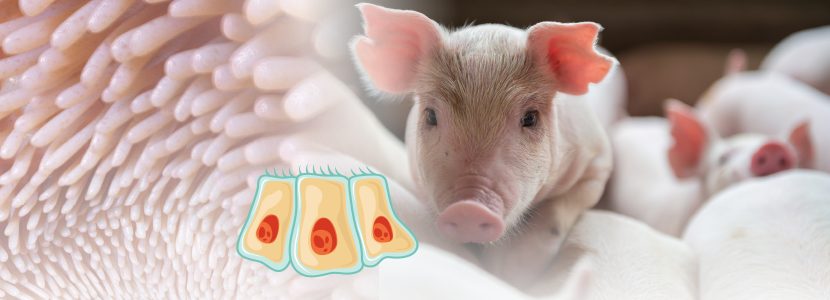
Microbiota & Intestinal Barrier Integrity – Keys to Piglet Health
Alberto Morillo Alujas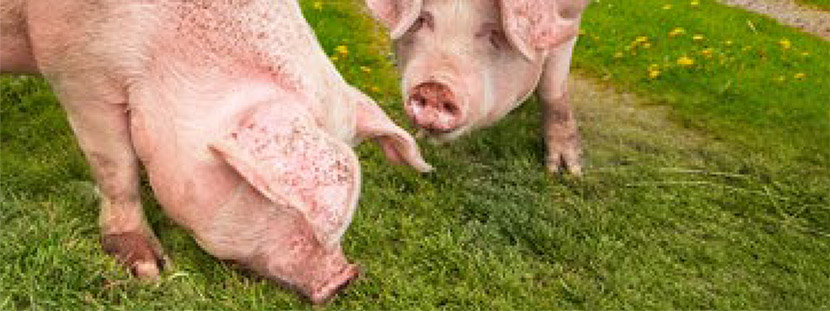
Impact of Reducing Antibiotic use, the Dutch experience
Ron Bergevoet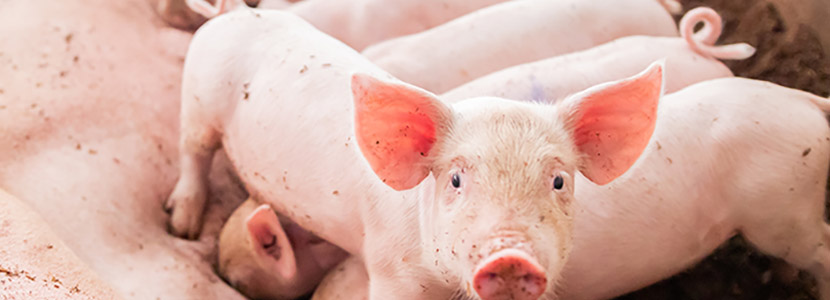
The keys to successful Lactation in hyperprolific sows
Mercedes Sebastián Lafuente
Addressing the challenge of Management in Transition
Víctor Fernández Segundo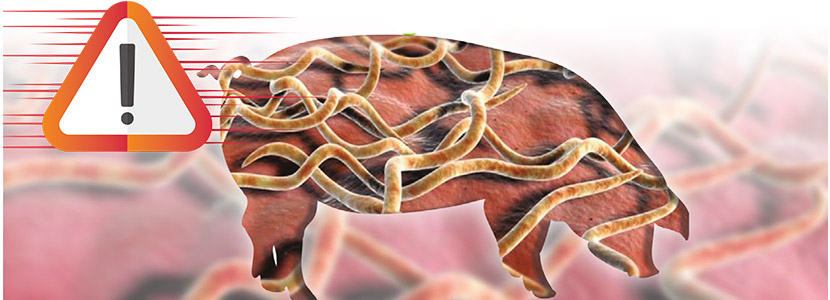
Dealing with the rise of Swine Dysentery
Roberto M. C. Guedes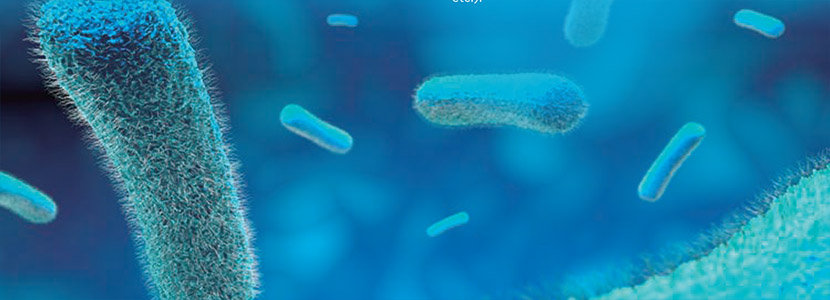
Actinobacillus pleuropneumoniae – What are we dealing with?
Marcelo Gottschalk
The new era of Animal Welfare in Pig Production – Are we ready?
Antonio Velarde
Gut health in piglets – What can we do to measure and improve it?
Alberto Morillo Alujas
Interview with Cristina Massot – Animal Health in Europe after April 2021
Cristina Massot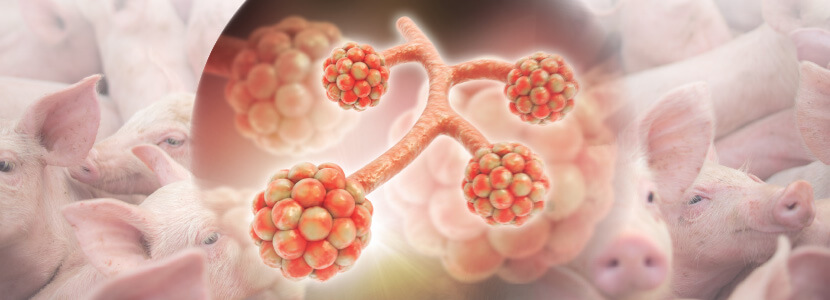
Differential diagnosis of respiratory processes in pigs
Desirée Martín Jurado Gema Chacón Pérez